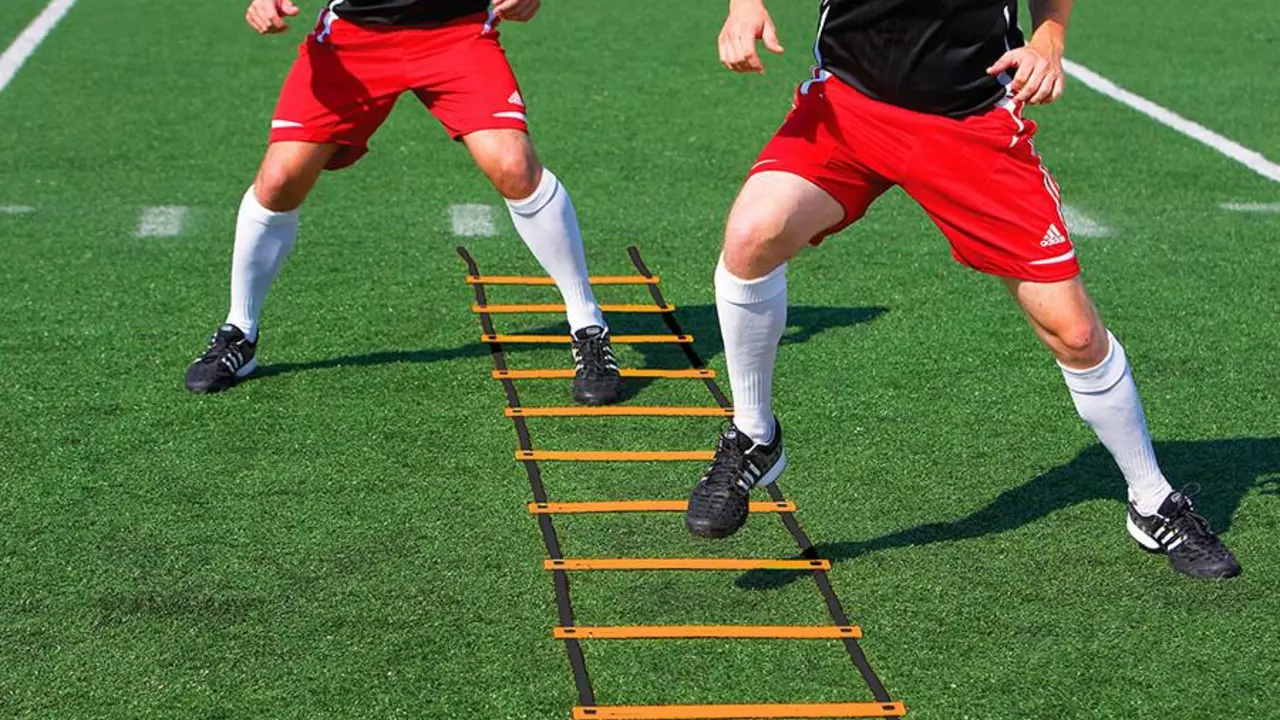
Fitness and Stamina Building for Soccer Players
As a professional soccer player, the importance of physical fitness and stamina cannot be overemphasized. These athletes ensure that their physical health is at an optimum level through rigorous and regular training sessions. This is often achieved through a combination of high-intensity interval training, endurance workouts, and strength training. They would run for miles, do sprints, and engage in intense workouts, all aimed at improving their stamina and physical strength.
To further enhance their fitness, they also participate in aerobic and anaerobic exercises. While aerobic exercises help to increase their cardiovascular fitness, anaerobic exercises, on the other hand, help them to maintain their speed and power during the game. These exercises are essential in helping them stay fit, energetic, and agile throughout the 90-minute soccer game.
Technical Skills Development
Another crucial aspect of a professional soccer player's training is the development of technical skills. These include ball handling, passing, dribbling, shooting, and tackling. The players engage in rigorous drills and exercises that help them to improve these skills. They work with specialized coaches who help them to hone their abilities and correct any mistakes.
For instance, to improve their shooting skills, they might participate in shooting drills where they aim at different parts of the goal. To improve their passing and dribbling skills, they might engage in small-sided games that emphasize quick passing movements and tight ball control. These technical drills are not just about improving skills, but also about developing a player's understanding and instincts about the game.
Tactical Training
Tactical training is another vital part of a professional soccer player's training regime. This involves understanding the strategies and tactics of the game. The players study game plans, formations, and opponent strategies under the guidance of their coaches. They learn how to read the game, anticipate opponent moves, and make quick, smart decisions during the match.
For example, they might engage in practice matches where they simulate different game situations and strategies. They might also watch and analyze match videos to understand and learn from their mistakes and successes. Tactical training helps to sharpen a player's mental agility and understanding of the game, making them more effective on the pitch.
Nutrition and Recovery
Professional soccer players understand the importance of good nutrition and recovery in their training regime. They follow a strict diet plan that provides them with the necessary nutrients to perform at their best and recover quickly from workouts. This often includes a balanced diet rich in carbohydrates for energy, proteins for muscle recovery, and fats for overall health.
In addition to nutrition, they also focus on recovery techniques such as adequate rest, sleep, and physiotherapy. They might engage in stretching exercises, massage, or even use ice baths to help their muscles recover faster. All these ensure that they stay in top shape and are ready for the next training session or match.
Mental Preparation
The final aspect of a professional soccer player's training is mental preparation. This involves developing a strong mindset, focus, and mental toughness. They work with sports psychologists who help them to deal with pressure, handle stress, and stay motivated.
For example, they might engage in visualization exercises where they imagine themselves succeeding in the game. They might also practice mindfulness or meditation to stay focused and calm during matches. Mental preparation is just as important as physical preparation in helping them to perform at their best during games.